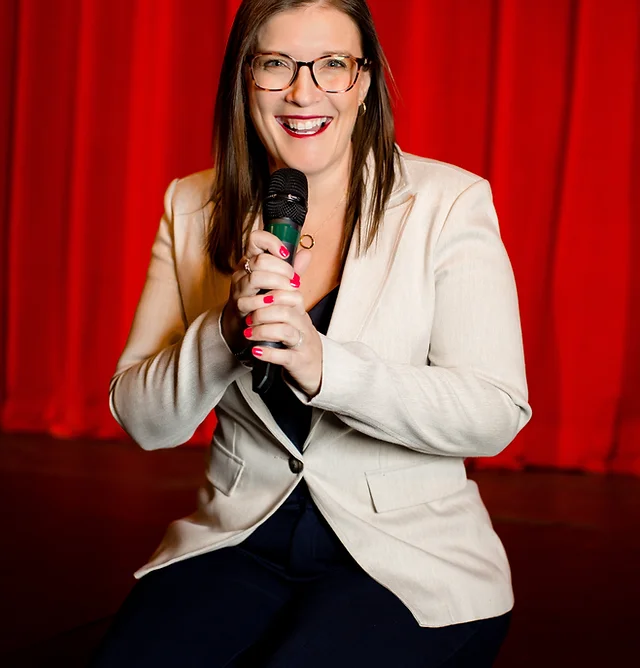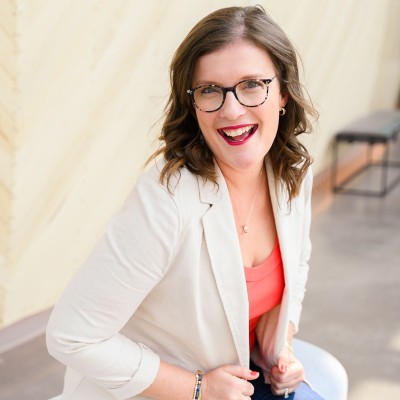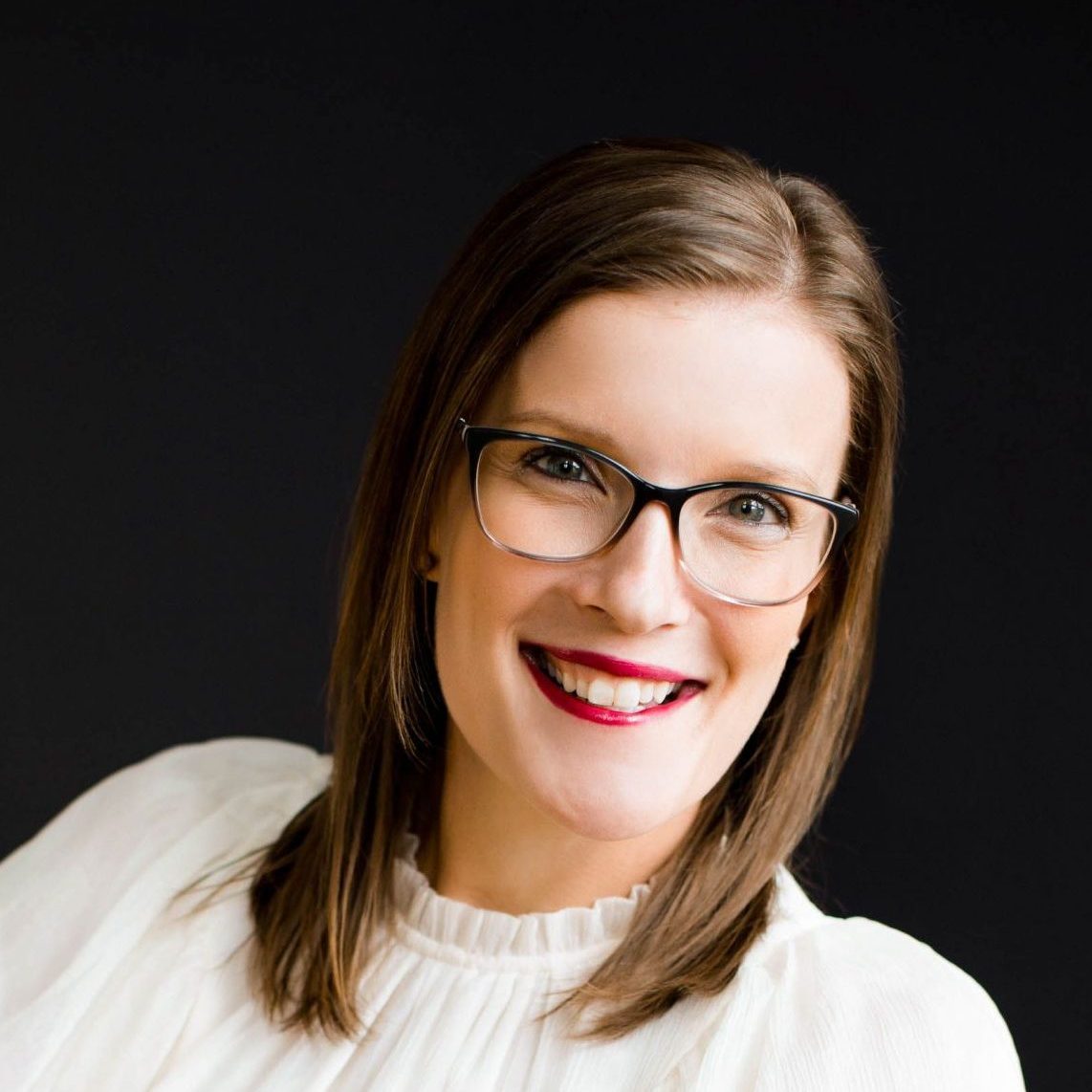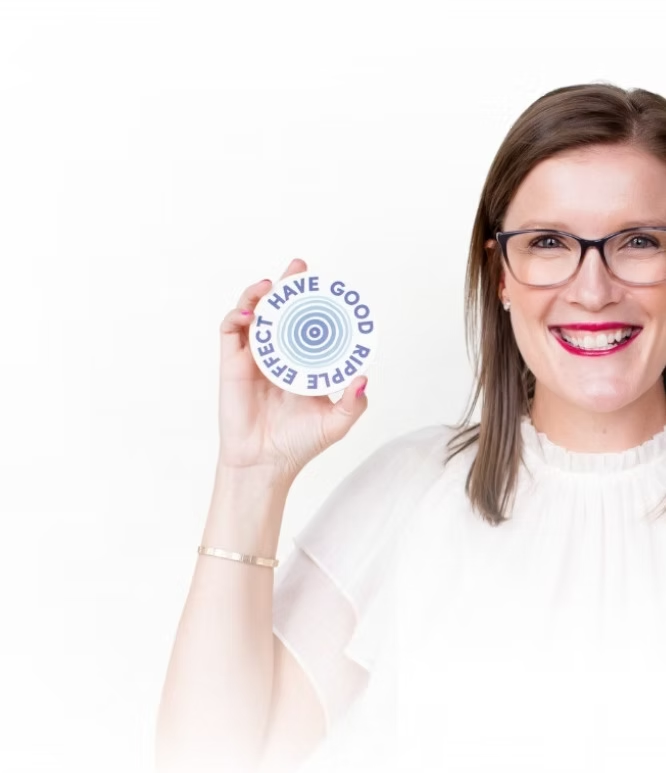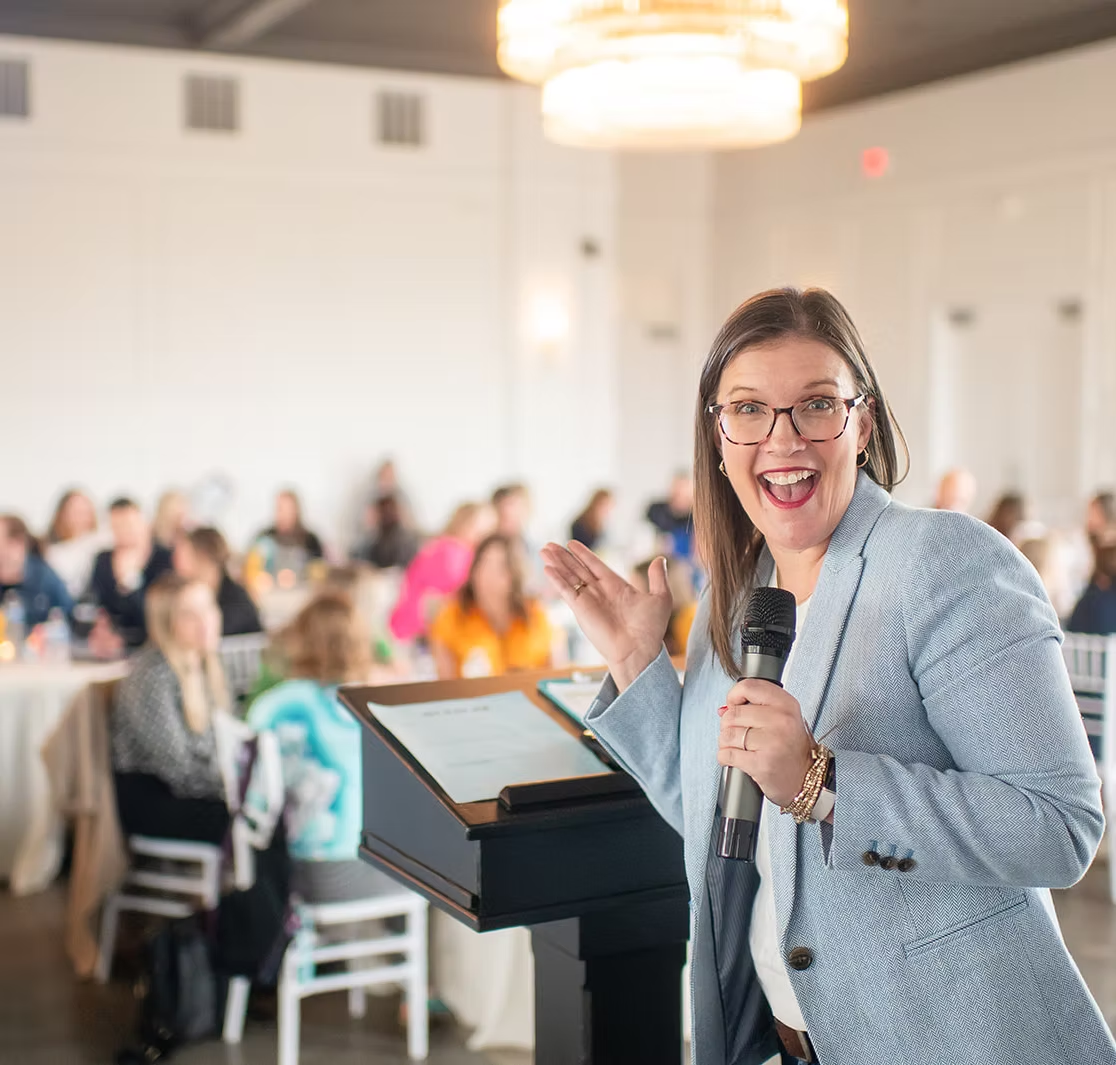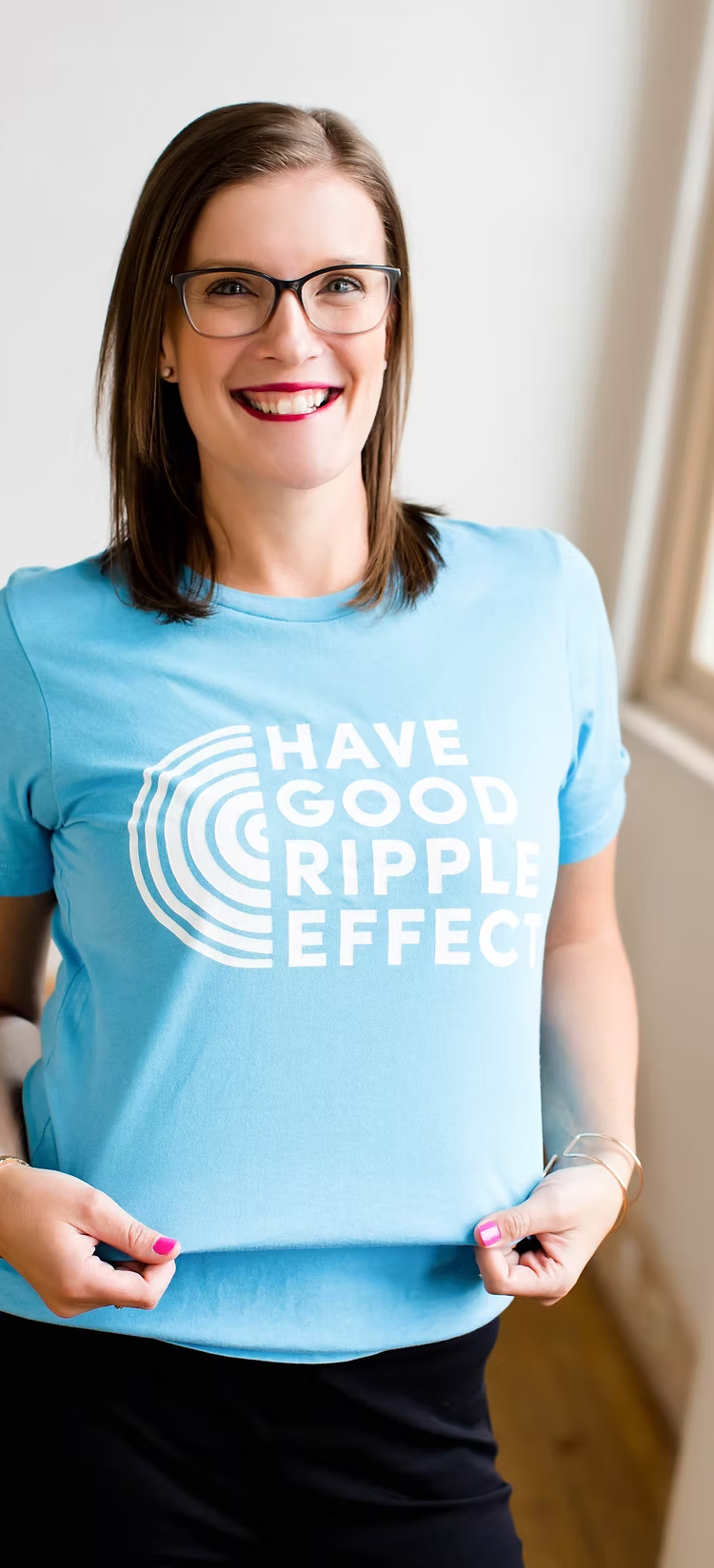Biography
Read MoreVideos
Lisa Even Speaker Reel - 2025 Cisco Space V1
Lisa Even Speaker Reel
Culture Is What’s Normal: The Everyday Habits That Shape Your Team
How to Understand and Improve Your Team Culture
$10,000 Cash...Culture (our desired cruise) does not look the same for each of us.
How Your Values Shapes the Way You Lead
Speech TopicsExpand each topic to learn more
Great leaders don’t wait for good culture to “happen”—they build it.
Today’s professional landscape is more demanding than ever, with challenges like compressed resources, rapid change, and siloed teams. Cultural dysfunctions such as complaining, negativity, and passive-aggressive behavior often go unaddressed, quietly eroding morale, stalling growth, and driving turnover. While monitoring metrics and holding people accountable might seem sufficient, truly impactful leadership requires more.
According to SHRM, nearly one in five employees has left a job in the past five years due to negative workplace culture, highlighting its critical impact on retention. In this keynote, Lisa equips leaders with three strategies to analyze, navigate, and build a collaborative and adaptive culture—creating a lasting Good Ripple Effect that drives results.
Perfect for Leaders and Teams:
- Navigating the challenges of a dynamic workplace
- Wanting to leverage culture as a competitive advantage
- Trying to create an environment where teams feel empowered and engaged.
Key Takeaways:
- Identify and address cultural dysfunctions that hinder growth and engagement
- Evaluate team culture by analyzing current attitudes, behaviors, and beliefs
- Gain practical tools to improve team morale, productivity, and retention
Leaders lacking self-awareness often show up as busy, stressed, authoritarian, or overwhelmed. They struggle to separate their emotions from their actions, leading to team disengagement, frustration, and interpersonal friction.
By building self-awareness, leaders can better focus on their teams and bridge differences in personalities, values, and communication styles among team members, fostering more cohesive and collaborative environments. According to the Harvard Business Review, “Leaders with high emotional intelligence contribute to a 20% improvement in team performance.”
In this keynote, Lisa shares actionable strategies for building self-awareness and the four factors that predict positive presence: energy, expression, tone, and intention—all of which are essential for positively influencing team dynamics.
Perfect for Leaders and Teams:
- Looking to differentiate their leadership approach
- Striving to improve emotional intelligence and self-awareness
- Seeking tools to enhance team dynamics and performance
Key Takeaways:
- Assess how you “show up” and address behaviors that may undermine morale, productivity, and culture
- Bridge differences
- Use proven frameworks, like the Circle of Control, to allocate energy effectively and lead with intention
Many organizations face rising complacency, disengagement, and inconsistent performance. Meanwhile, successful, innovative organizations thrive because their employees are motivated and eager to contribute to shared goals.
Too often, leaders unintentionally stifle creativity and innovation—either by placing team members in high-pressure problem-solving situations without adequate support or by repeatedly solving the team’s problems themselves. This fosters a fear of mistakes, leaving ideas untapped and teams underperforming.
In this keynote, Lisa helps leaders explore how their leadership style impacts team dynamics, ways to “live in the lab” and experiment with engagement activities, and equips them with actionable strategies to build a motivation-centered culture where employees feel empowered to contribute proactively.
Perfect for Leaders and Teams:
- Combating disengagement and complacency
- Building a culture of creativity, innovation, and psychological safety
- Inspiring meaningful contributions and idea-sharing across the team
Key Takeaways:
- Recognize behaviors that suppress creativity and risk-taking
- Discover motivation-focused methods through real-world case studies
- Celebrate successes and implement strategies to build resilient teams
Too often, enjoyment and engagement are treated as “nice to have” instead of essential components of a productive workplace. Deadlines, projects, and crises take over, leaving team members feeling disconnected and drained, relying on sporadic gestures to feel engaged. And let’s face it—the word burnout gets tossed around like candy.
Additionally, it’s easy for team members to assume workplace joy is solely the leader’s responsibility, while leaders face rising disengagement without knowing how to fix it. Research shows that joyful employees are 31% more productive and three times as creative, leading to higher morale, retention, and innovation within teams. Joy isn’t just a feel-good concept—it’s a smart business strategy.
In this keynote, Lisa guides audiences through practical steps to create a culture of enjoyment and engagement. She introduces concepts such as “Crappy to Happy” to improve unglamorous work activities and demonstrates how team members can take accountability for their own enjoyment at work.
Perfect for Leaders and Teams:
- Looking to boost team morale
- Fostering team ownership: Joy is a shared responsibility, and leaders empower team members to shape their workplace experiences
- Introducing Small Habits: Simple, consistent actions build cohesion and accountability better than occasional events
Key Takeaways:
- Design engagement plans and activities that increase satisfaction and reduce turnover
- Foster an ownership mindset that inspires creativity and accountability
- Spread a Positive Ripple Effect: Empower teams to own their joy and workplace experience
Testimonials
Blog Posts

Financial Planning in 2026 Requires a Clear Strategy
Have you noticed that the internet has never given more financial planning advice than it does right now? That's actually the problem. Your feed has become a 24/7 trading floor of hot takes. "Buy this."...
Read More
Crisis Leadership Lessons from September 11 Reveal Everyday Resilience
What if the most powerful crisis leadership lesson from September 11 isn't about the decisions made in underground bunkers, but about the farmers, truckers, teachers, and everyday workers who make heroic responses possible? After sharing...
Read More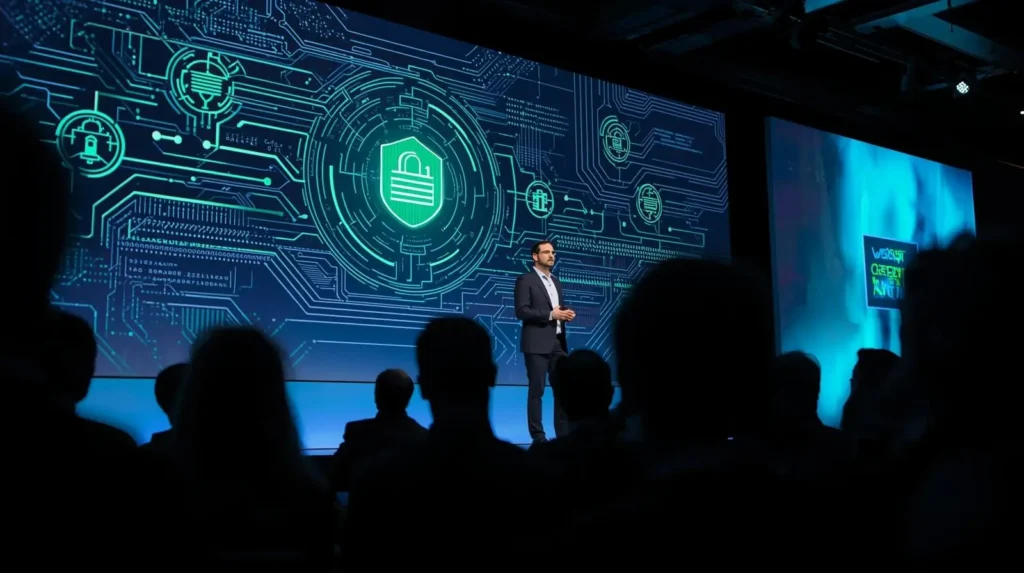
Best Artificial Intelligence Speakers for Cybersecurity Conferences (2026 Guide)
Quick Links Artificial Intelligence Speakers Healthcare Keynote Speakers Top Technology Speakers Innovation Speakers Leadership Speakers Future of Work Speakers Get Proposal (availability & fees) If you’re searching for the Best Artificial Intelligence Speakers for Cybersecurity...
Read More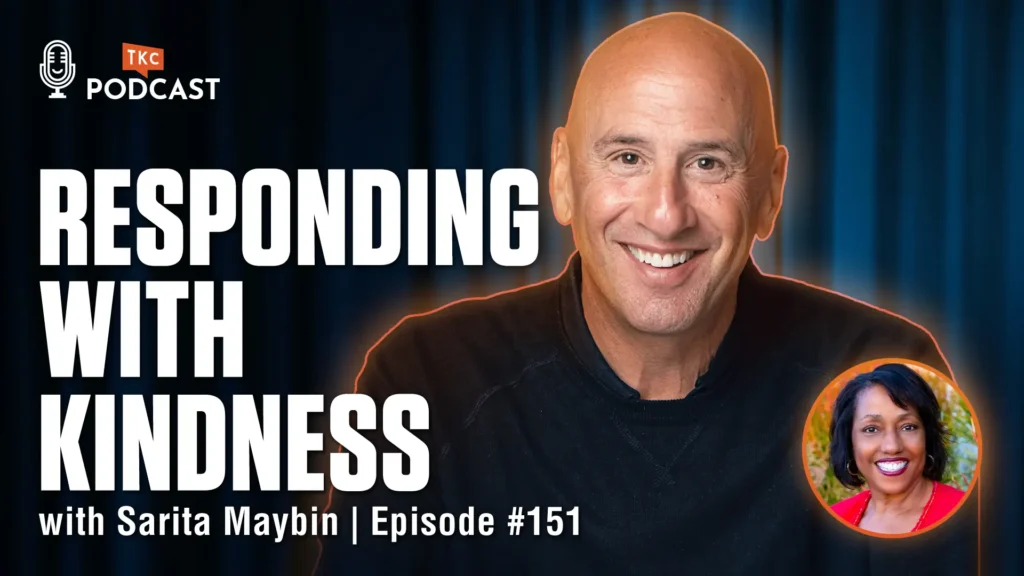
Communication Strategies from Sarita Maybin that Transform Workplace Conflict Into Collaboration
Why Your Team's Real Problem Isn't Strategy—It's Communication When was the last time a workplace conversation went sideways, not because of what was said, but how it was delivered? Most organizations pour resources into strategic...
Read More
The 2026 Keynote Speaker Lineup That Creates Real Momentum
If you're looking for a sign to power start your 2026, here it is: this is the year you stop negotiating with your potential. January arrives packed with goals, spreadsheets, and ambitious plans. However, goals...
Read More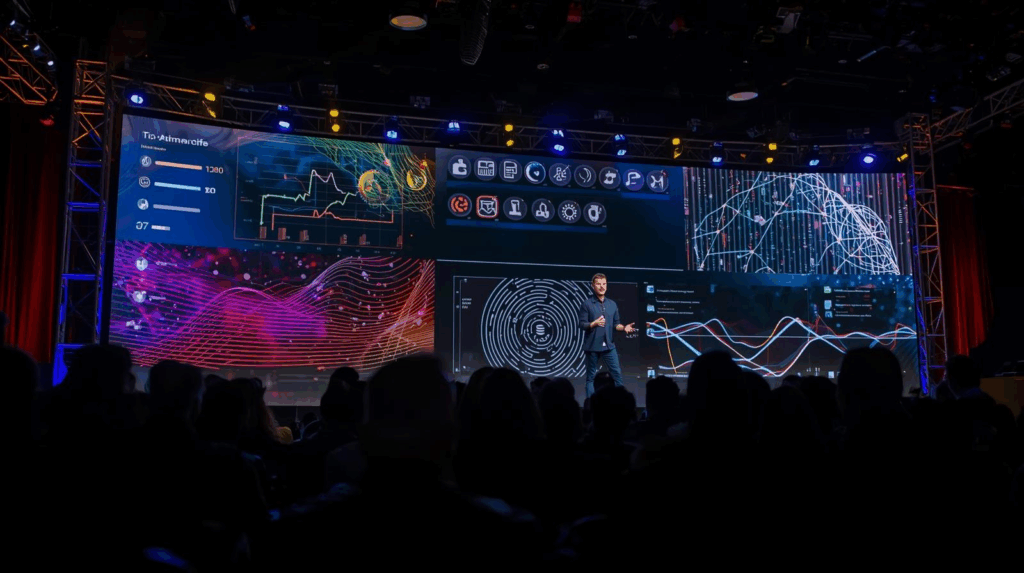
Best Artificial Intelligence Speakers for Technology (SaaS) Conferences (2026 Guide)
Quick Links Artificial Intelligence Speakers Healthcare Keynote Speakers Top Technology Speakers Innovation Speakers Leadership Speakers Future of Work Speakers Get Proposal (availability & fees) This guide features the Best Artificial Intelligence Speakers for Technology (SaaS)...
Read MoreRelated Corporate Culture Speakers
Get in TouchContact US
Fill out the form so we can best understand your needs.
A representative from The Keynote Curators will reach out to you.


